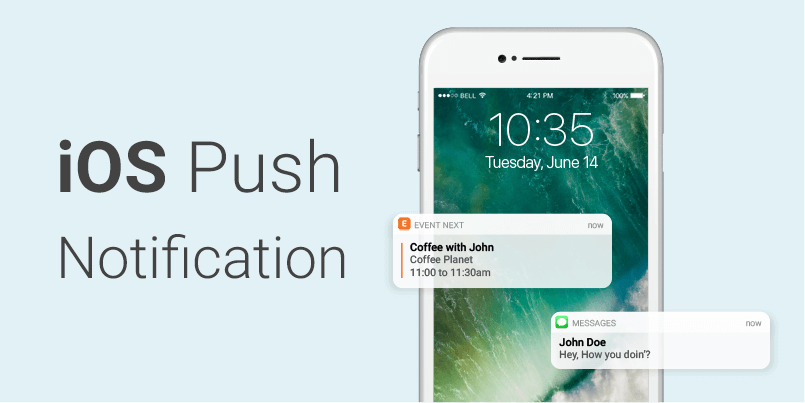Apple has stated that it will no longer provide law enforcement with records of users’ push notifications unless the company receives a legitimate judge’s order.
According to Apple’s amended law enforcement guidelines, law enforcement and government organizations can now request push notification records with a court order or a search warrant, both of which must be granted by a judge.
Previously, Apple let authorities to collect this information through the use of a subpoena, which is issued by police departments and law enforcement agencies with no court scrutiny.

Apple’s shift in how it handles push notification data comes just days after US Senator Ron Wyden revealed that Apple and Google can be “secretly compelled by governments” to send up the contents of push notifications delivered to users’ phones.
Google, for its part, requires a court order before handing over push notification data.
Apple did not respond to a comment request, nor did it explain why it previously let law enforcement to collect users’ push notification data without a warrant.
Push notifications appear on a phone as pop-up messages that notify the user of new messages, breaking news, and other app-based updates. Push notifications are typically routed through the servers of Apple and Google, meaning “Apple and Google are in a unique position to facilitate government surveillance of how users are using particular apps,” said Wyden.
According to Wyden, the previously secret practice prevented Apple and Google from publicly disclosing such government demands. Unnamed foreign governments, according to Wyden, are also demanding that Apple and Google turn over users’ push notification data.
Not all apps are vulnerable to having their push notifications intercepted or obtained in response to law enforcement requests.
Signal’s president, Meredith Whittaker, stated in a series of Mastodon posts that Signal’s push notifications “don’t reveal who sent the message or who is calling” and are “processed entirely on your device.”
















